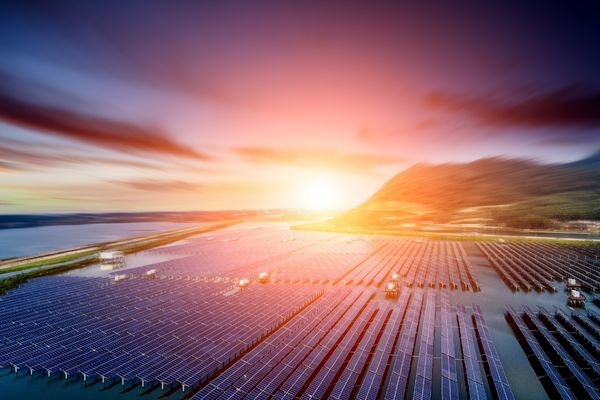
Deadline: 10-Feb-23
The EKOenergy is pleased to announce an open call for the Climate Fund Projects.
In order to bring additional positive impact to consumers’ choice of renewable energy and help realise the UN’s Global Goals (Particularly SDG 7: Affordable, clean energy for all), the EKOenergy ecolabel raises funds for new renewable electricity projects in developing countries.
This year, some of the EKOenergy users have shown interest in supporting projects from local NGOs in South Africa and India. They therefore particularly encourage such NGOs to submit a proposal.
For each MWh of EKOenergy-labelled energy sold, 0.10 € goes to EKOenergy’s Climate Fund. With these contributions, they finance carefully selected renewable electricity projects aimed to alleviate energy poverty. The projects they finance via their Climate Fund are usually small-scale solar PV and wind energy projects. All financed projects are managed by experienced organisations and are implemented in cooperation with local NGOs.
Funding Information
- The grant per project will be 15,000 to 40,000 €.
Eligibility Criteria
- They are now looking for 15 to 20 solar and wind energy projects that target energy poverty in developing countries.
- The project proposal should be a maximum of 3 pages and written in English.
Evaluation Criteria
They will evaluate the applications based on the extent to which it fulfils the following criteria:
- Experience, solvency and reliability of the main applicant + strong involvement of local organisations/NGOs (25%)
- E.g.: What is the implementing organisation’s experience in the field of renewable energy? What is the annual budget and what are the main sources of income? How is the bookkeeping audited?
- Minimum expectations for community involvement: Project planning and decision-making should involve community perspectives and leaders. The process ensures community needs and assets are integrated into and inform the approach, going beyond top-down information sharing with the community or simply gathering input. / Preferred approach to community involvement: Project planning, decision-making, and implementation are optimised for the inclusion of the community. This includes direct collaboration and shared decision-making with community partners.
- What is the impact on the local community? (including links with the UN Sustainable Development Goals). How is the local community involved in the project?
- Long-term viability, sustainability and replicability of the project (25%)
- E.g.: How will you ensure the adequate operation and maintenance of the project for the next 30 years? What kind of capacity-building activities are planned to train the locals?
- Impact in terms of installed volume and beneficiaries (compared to the cost of the project) (25%)
- E.g.: how much capacity will be installed and how many people will benefit from it? How do you guarantee the quality of the used materials? Where will the project take place? Please specify the physical location as well as a description of the area.
- Clearly mention how much you are asking for (in euros), and specify how much is needed 1) for the materials, 2) for staff costs, and 3) how the rest of the grant will be used.
- Opportunities for advertising the benefits of renewable energy, both locally (by the beneficiary) and internationally (by EKOenergy) (25%)
For more information, visit EKOenergy.